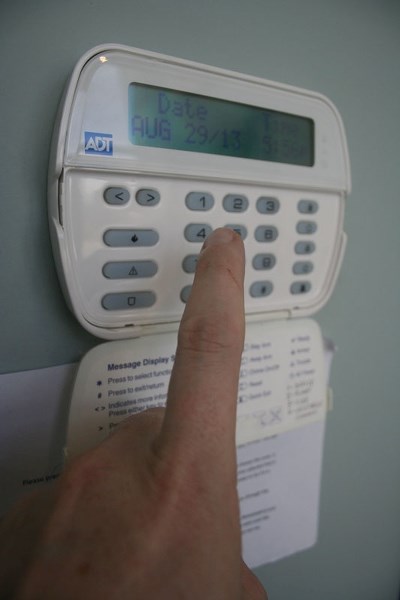The number of false alarm calls has dropped nearly 65 per cent since last year, say RCMP, thanks to changes to the alarm system bylaw.
Between January and June 2012, St. Albert residents and businesses made 543 false alarm calls, while 188 calls were reported for the same time period in 2013.
False alarms were most commonly caused by people entering incorrect key codes, running into the house for “just a second” without disarming the system, as well as curtains, banners or pets moving into the sight of the motion detector once the alarm had been activated.
“Repeated false alarms can take up valuable time and energy of emergency personnel, preventing them from responding to real emergencies, as well as causing inconvenience to homeowners and desensitizing watchful neighbours,” said Insp. Kevin Murray, St. Albert's detachment commander.
In 2011, false alarms cost taxpayers more than $98,000 for dispatcher and operational support time, RCMP officer time, and program administration costs.
Changes to the alarm system bylaw that came into effect in January put more onus on the alarm key holder.
“If it’s a one-hit alarm, it’s up to the permit holder or the alarm company to confirm that it is actually a break-in prior to calling the police,” said Murray, adding that a single hit alarm is most likely caused by entering an incorrect code. If the alarm were a “multi-hit” such as the detection of breaking glass and motion, the RCMP would respond immediately.
Amendments to the bylaw also made the response to false alarms more of a user-pay service.
The first false alarm response is free, but for every subsequent false alarm call the permit holder is charged from $88 for a residential property to $174 for a commercial property.
“With the new bylaw it requires (the permit holder) to do that due diligence before the alarm company calls us,” added Murray.
For tips on how to prevent false alarms, visit www.stalbert.ca/avoid-false-alarms.




